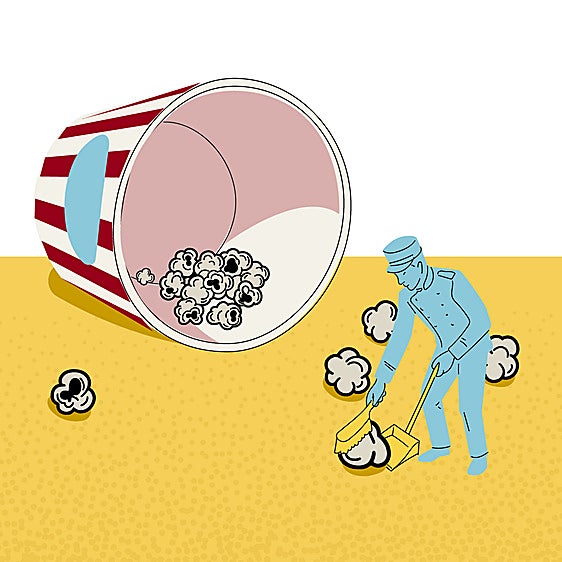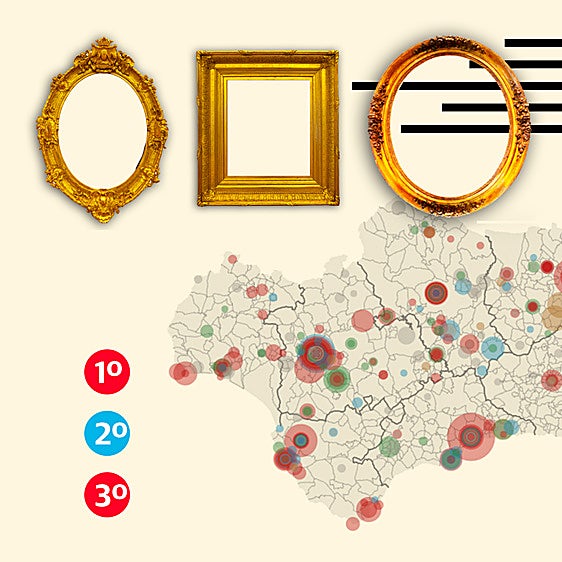Can't sleep? What natural remedies are there?
With ever more prescription-free products on the market, it is worth taking the time to choose the one that is best suited to helping you with your sleep problem
Solange Vazquez
Friday, 23 February 2024, 17:46
Any pharmacy in Spain will see the same scene played out time and time again. A customer walks in, announces they are sleeping badly but they don't want to take serious meds and, after sharing all kinds of details, they usually end their monologue with 'what can I take?'.
A proper evaluation is key: there are increasingly more sleep products on sale without prescription and we must choose the one that best suits our sleep issue. Just saying that we are sleeping badly is too generic a statement. More detail is needed: is it always having difficulty with falling asleep, or waking up multiple times during the night, or sleeping so lightly that it is not a restorative sleep?
The fact is that the Spanish society of Neurology estimates that, for different reasons, 48% of adults and 25% of children in Spain do not have quality sleep. High street chemist Raquel Ramos confirms the high demand for over-the-counter sleep products: "During the pandemic with many people on edge, there was a very high upturn that's still going."
Right now there is a particular age group that most opts for these quick fixes: people aged 35 to 60 years old. In principle, this is atypical of this segment of the population because, as Ramos reminds us, it is older people who have resigned themselves to bearing the burden of poor sleep, taking everything to fix it... and that is true.
However, she adds: "Many of them no longer take over-the-counter remedies, instead they head to the doctor to get benzodiazepines". These drugs are our old friends used to combat insomnia and anxiety: lorazepam (Orfidal), diazepam (Valium), alprazolam (Trankimazin), clonazepam (Rivotril)... What happens with these medications is that, in the long term, they create dependency and so many people harbour reservations about taking them. This makes sense as sedatives and hypnotics are the third most consumed drug in Spain for people aged 15 to 64 and, together with alcohol, the substances that cause the most A&E admissions in the country, according to the Spanish observatory on drugs and addictions (OEDA).
"As the dose has to be increased over time so they continue working, sometimes people overdo it," explains María Barado, professor in the faculty of Health Sciences at the international university of La Rioja (UNIR).
Do we really sleep that badly? Well, sometimes we do exaggerate. "We say that we haven't slept a wink all night and then it turns out that we have slept five hours (as we have verified in patient studies), so the perception of sleep is very subjective and perhaps we have no real problem. But, if we are worried or the problem lasts longer, what we should do is go see our family doctor," says AinhoaÁlvarez, leader of the insomnia working group for the Spanish sleep society (SES).
If consulting your GP still does not appeal, here our three experts explain the over-the-counter options currently available on the market and which are best for which sleep problem.
Poor sleep
Almost four million people in Spain suffer from some type of chronic, serious sleep disorder and another 12 million wake up every day with the feeling of not having rested well, according to data from the Spanish federation of sleep medicine societies. In Spain we are somewhat short on sleep: 7.13 hours is the daily average. It is normal for a young adult to sleep 6 to 10 hours – between 7 and 9 being the recommended hours. Any sleep time falling either side of that range can be unhealthy.
The experts warn us that sleeping for too many hours can have as negative an impact on quality of life as insomnia. This range of hours refers to people aged 24 to 64, as children need more sleep and older people need less (but with more naps, which must also be added to the total number of hours).
We give such names to people who typically sleep less or more hours than the norm, but they have been identified by their chronotype: morning chronotype individuals, also known as early chronotypes or larks, prefer to be active in the morning and sleep and wake early after 6 hours, bright and breezy all day. Evening chronotypes, also called late chronotypes or owls, prefer to be active in the evening and typically sleep 10 hours, waking up late.
Melatonin
This is a neurohormone that serves to regulate our sleep (maintaining circadian rhythm). Spain is on the leader board for the consumption of melatonin which, according to some experts, skyrocketed by around 130% following the pandemic.
"Previously, it was already known to people who mostly used it to reduce the effects of jet lag," says Raquel Ramos. It is sold over the counter with a concentration of 1.99% (2% would be the maximum allowed prescription-free, so if a higher dose were required, then a GP visit is necessary). At 1.99% it is a very safe substance and does not usually clash with other medication you might be taking.
"The thing is that it's not as fast-acting as taking lorazepam, let's be clear. It takes a little patience, trial and error. For example, we could take a slow-release version of melatonin if our issue is waking up often, or a fast-acting one if the problem is falling asleep. They can be combined," says Ramos. However, she stresses that it is a good remedy for only a short period.
Side effects? Some patients complain of drowsiness the next day and headaches – although there are no conclusive studies on this – and of having very realistic dreams, even nightmares.
"In children, problems have been noted if it is taken continuously (stomach pain, difficulty sleeping), which is why most paediatricians only take it into consideration for a period of no more than a month," adds Prof Barado.
Phytotherapy
Herbal preparations come in different formats (pills, infusions, extracts) and, whether blended with others or from a single plant type, they are a very useful option. Which one is most favoured by pharmacists? The passion flower.
"Its composition is similar to that of benzodiazepines and can be taken regularly, especially when it is anxiety caused by everyday life that prevents sleep," says Ramos.
Valerian, lemon balm, magnesium and tryptophan also work well, according to those who take them (although everyone is different).
"But be careful, we must always make sure that they do not react with any medication we're also taking: just because they are 'natural' does not mean they are harmless," Ramos points out. Álvarez reveals a good tip for choosing the best product: always go for the one with the longest advice leaflet.
"It usually indicates that they have been more thoroughly studied," she adds.
Antihistamines
There are over-the-counter sleeping pills that are actually antihistamines (for allergy treatment). However, since they have drowsiness as a side effect, they are also used in cases of insomnia.
"They are effective, but they leave you tired. They are not to be taken often," Ramos recommends.
"They generate the feeling of a hangover," says Álvarez summing up.



